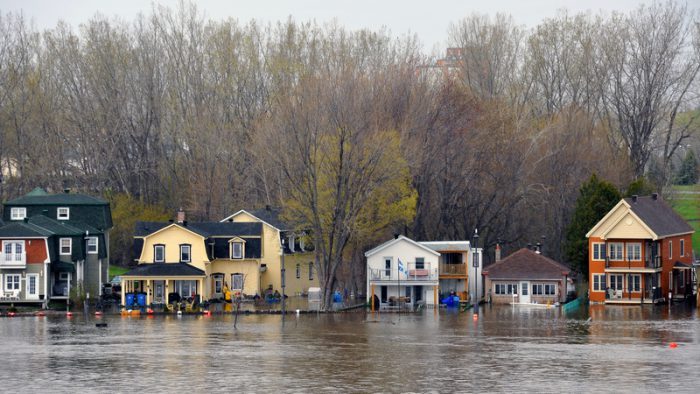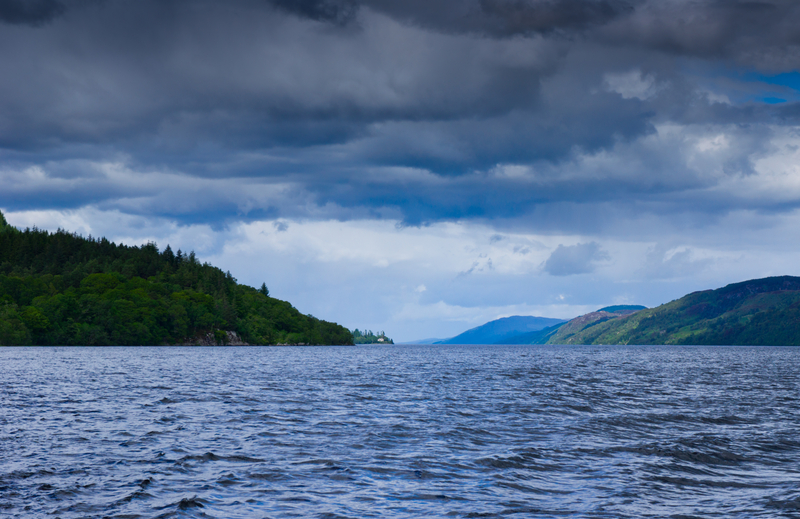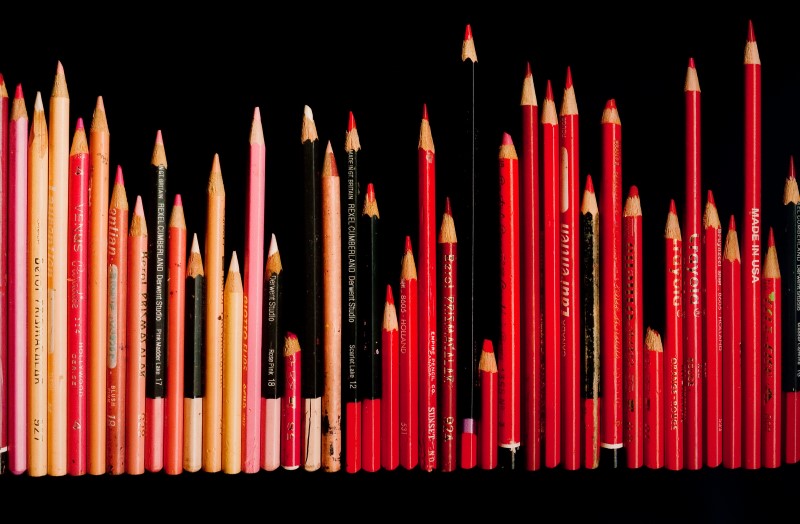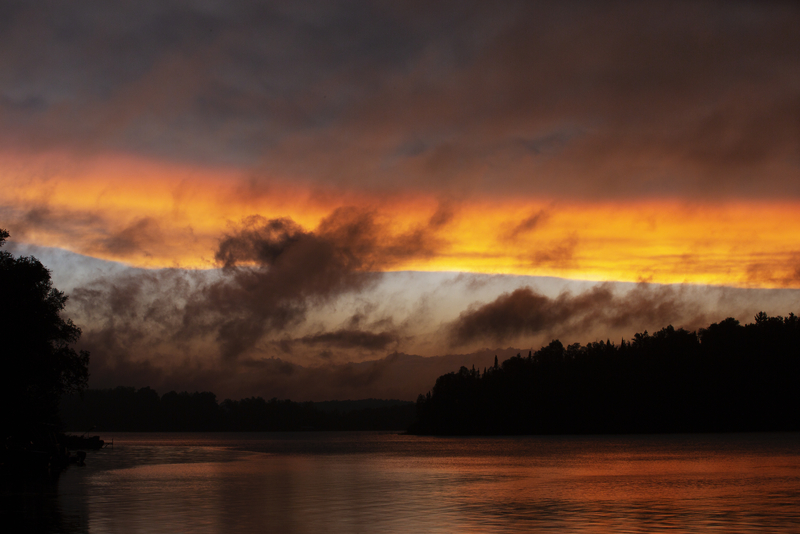Two years ago at this time, communities in Quebec were experiencing some of the worst flooding in their area's history. Now many of these places — such as Gatineau, Pembroke, Britannia, Ottawa, and suburbs of Montreal — are going through the same experience all over again.
The main culprit is the Ottawa River. This river runs nearly 1300 kilometres (800 miles) along the border of Ontario and Quebec. Dozens of cities and towns are found along its banks, right up to where the river flows into the St. Lawrence River at Montreal.
Too much water with nowhere to go
Volunteers place sandbags to try and protect against the floodwaters. (Getty Embed)
The combination of frequent rains and melting snow and ice has pushed the river — as well as the surrounding land — to the limit. Spring flooding is a normal occurrence, and often the land can accommodate it — the ground simply absorbs most of the extra water. But in this case, the ground is either too waterlogged to accept more water, or is actually still half-frozen, which makes it less absorbent than usual.
Put together, the result has been devastating flooding up and down the river. Many thousands have had to evacuate their homes after water has invaded their neighbourhoods. These areas are also without power and, in many cases, in-home drinking water as well.
Even more concerning? The Ottawa River is not the only area in Canada under unusual water. Ontario's "cottage country" is also being flooded, as is the St. John River in New Brunswick, which passes through cities like Fredericton and Saint John.
What is being done?
Experts have said that many more homes would've been damaged without the efforts of soldiers and volunteers. (Getty Embed)
It is all hands on deck in these communities. Altogether around 2,000 soldiers are working side-by-side with volunteers to provide aid across the Canadian flood zones. Much of this effort has been spent filling and building walls of sandbags to attempt to hold back the water. In Ottawa alone, over one million sandbags have been placed already — and that number is still climbing.
Emergency supplies, such as clean drinking water and food, are being brought in. And soldiers are helping both rescue those trapped by floods and to bring others to visit their homes to inspect damage.
What is the outlook?
In some cases — most notably the Ottawa River — the experts are saying that the waters have peaked. This means that they should not be getting any higher, which is good news. The bad?
The waters are already higher than they were in 2017. And the water is not likely to retreat from these areas for a couple weeks at least. Only after the waters leave will we really be able to see the damage that has been done, though it will likely be in the hundreds of millions of dollars.
Can we do better?
Prime Minister Trudeau is under a lot of pressure to build a better flood prevention system in Canada. (Getty Embed)
This is the most interesting question moving forward. Now that some of these regions have been hit with major floods in the last two of three years, many are saying that Canada needs to catch up with other top nations of the world in flood prevention.
For example, Canada doesn't have a nationwide flood forecasting system and its flood maps — which are used to predict where floods will occur — are poorly updated. Improving these would help everyone from city officials and police to homeowners know the risks.
Many are also concerned about how much climate change is to blame for unusually high rainfall. Prime Minister Trudeau recently said that extreme weather is a "new reality" and that Canada needs to adapt. But how exactly? It is likely that this issue will be a big one during the federal election this fall.
See footage of the Ottawa River's surge below.
 Flooding in Gatineau, Quebec. This is one of many towns in Quebec and Ontario that is experiencing major flooding for the second time in the last three years. (© Paul Mckinnon - Dreamstime.com)
Flooding in Gatineau, Quebec. This is one of many towns in Quebec and Ontario that is experiencing major flooding for the second time in the last three years. (© Paul Mckinnon - Dreamstime.com)










* That it is good to see the Armed Forces, neighbours and the Prime Minister helping out to try and stop houses from getting damaged- NR
* The more houses that are lost the more people won’t have homes to live in or anything if the lake keeps flooding so I guess just keep sand bagging and hope for the best- GC
* Well I guess I feel like everyone is supporting their own community. Everyone is helping to protect themselves. If things were to collapse it could hurt people.- MM
* No response- S
Seeing these floods has us feeling
🙁